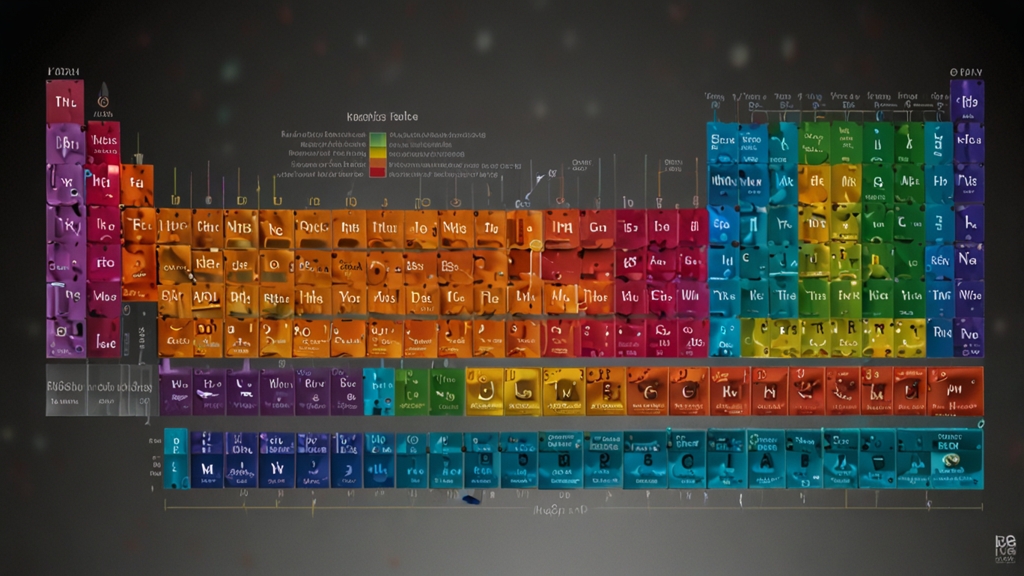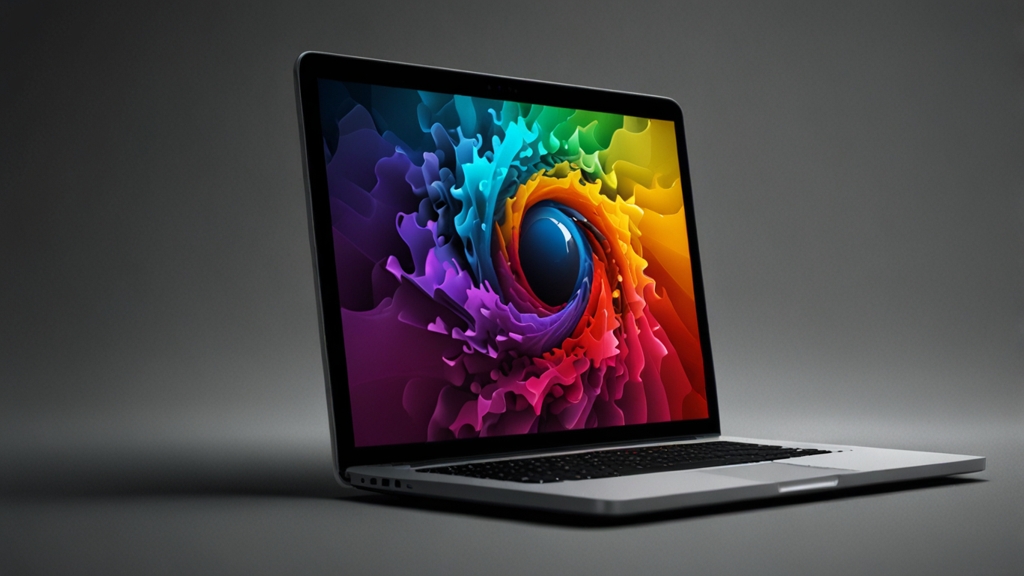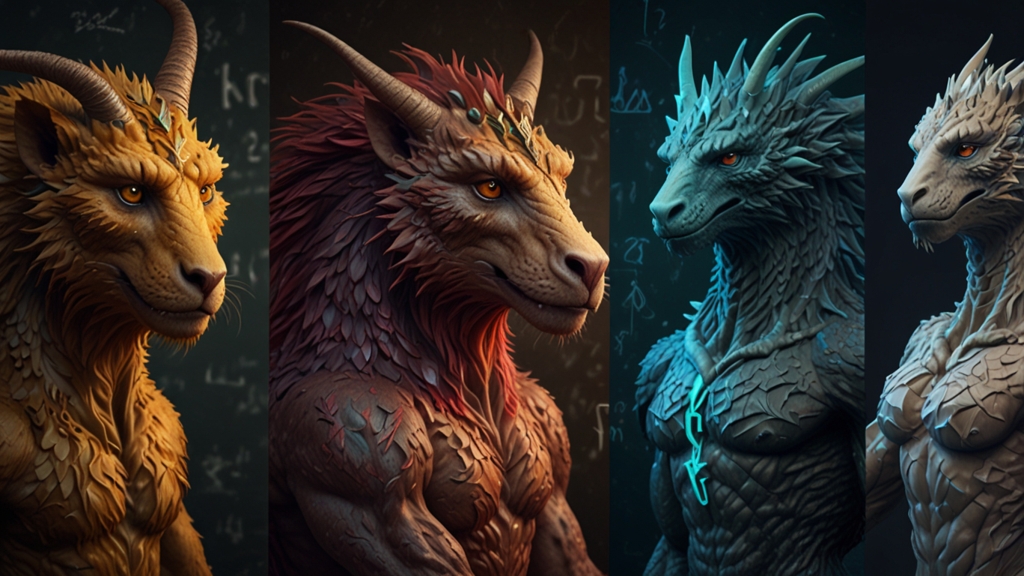The Great Debate: Can Logic and Intuition Coexist?
In the realm of human cognition, a longstanding debate persists: Can logic and intuition coexist? Both logic and intuition are fundamental aspects of our decision-making processes, yet they appear to be at odds with each other. Logic is often associated with analytical, step-by-step reasoning, while intuition is perceived as an immediate, gut feeling that doesn't rely on rational thought. To explore the coexistence of these two faculties, we must first understand their unique roles and how they interact within the human mind.
Understanding Logic
Logic is the framework by which we analyze information, solve problems, and make decisions based on structured reasoning. It is a systematic approach that often involves breaking down complex problems into simpler components, applying rules, and deriving conclusions from given premises. This method of thinking is celebrated in fields such as mathematics, science, and engineering, where precision and accuracy are paramount.
"Logic is the art of thinking and reasoning in strict accordance with the limitations and incapacities of the human misunderstanding." — Ambrose Bierce
The Nature of Intuition
Intuition, on the other hand, is the ability to understand or know something without the need for conscious reasoning. It is often described as a "sixth sense" or an inner voice that guides us through complex situations where logical analysis may be insufficient or even impossible. Intuition relies heavily on our subconscious mind, drawing from past experiences, emotions, and even inherent wisdom.
"The only real valuable thing is intuition." — Albert Einstein
Conflict or Complementarity?
The perceived conflict between logic and intuition arises when individuals or societies place higher value on one over the other. For instance, in modern Western cultures, logical thinking is often seen as superior, with intuition being dismissed as unreliable or superstitious. Conversely, some Eastern philosophies emphasize the importance of inner wisdom and meditative practices that foster intuitive insights.
But is it necessary for logic and intuition to be at odds? Many argue that these faculties can, and often do, complement each other. In decision-making scenarios, logic provides a structured approach to evaluate options and potential outcomes, while intuition can offer insights that are not immediately obvious through rational analysis alone.
Synergy in Practice
Examples of logic and intuition working in harmony are abundant. In scientific research, for example, a hypothesis may emerge from an intuitive hunch, driven by an experienced researcher's deep familiarity with a subject. This intuition is then rigorously tested and analyzed through logical methods. Similarly, in the field of business, successful entrepreneurs often rely on a blend of market analysis (logic) and gut feeling (intuition) to make strategic decisions.
"Intuition will tell the thinking mind where to look next." — Jonas Salk
The Psychological Perspective
From a psychological standpoint, both logic and intuition are essential components of cognitive processing. According to dual-process theories, our minds operate through two systems: System 1, which is fast, automatic, and intuitive; and System 2, which is slow, deliberate, and logical. These systems often work together, with System 1 providing quick initial assessments and System 2 offering thorough analysis and validation.
An optimal cognitive approach would leverage both systems effectively, relying on intuition to navigate uncertainty and complexity, and on logic to ensure that decisions are sound and defensible.
Conclusion
In conclusion, the debate on whether logic and intuition can coexist is not just a philosophical or theoretical question—it has practical implications for everyday decision-making, professional practices, and personal growth. Recognizing the unique strengths and limitations of both logic and intuition allows individuals to harness the full potential of their cognitive abilities. Rather than viewing them as mutually exclusive, we should strive to integrate logic and intuition, creating a balanced approach to making informed, insightful decisions.
Ultimately, the coexistence of logic and intuition enriches our understanding of the world and enhances our ability to navigate its complexities.













